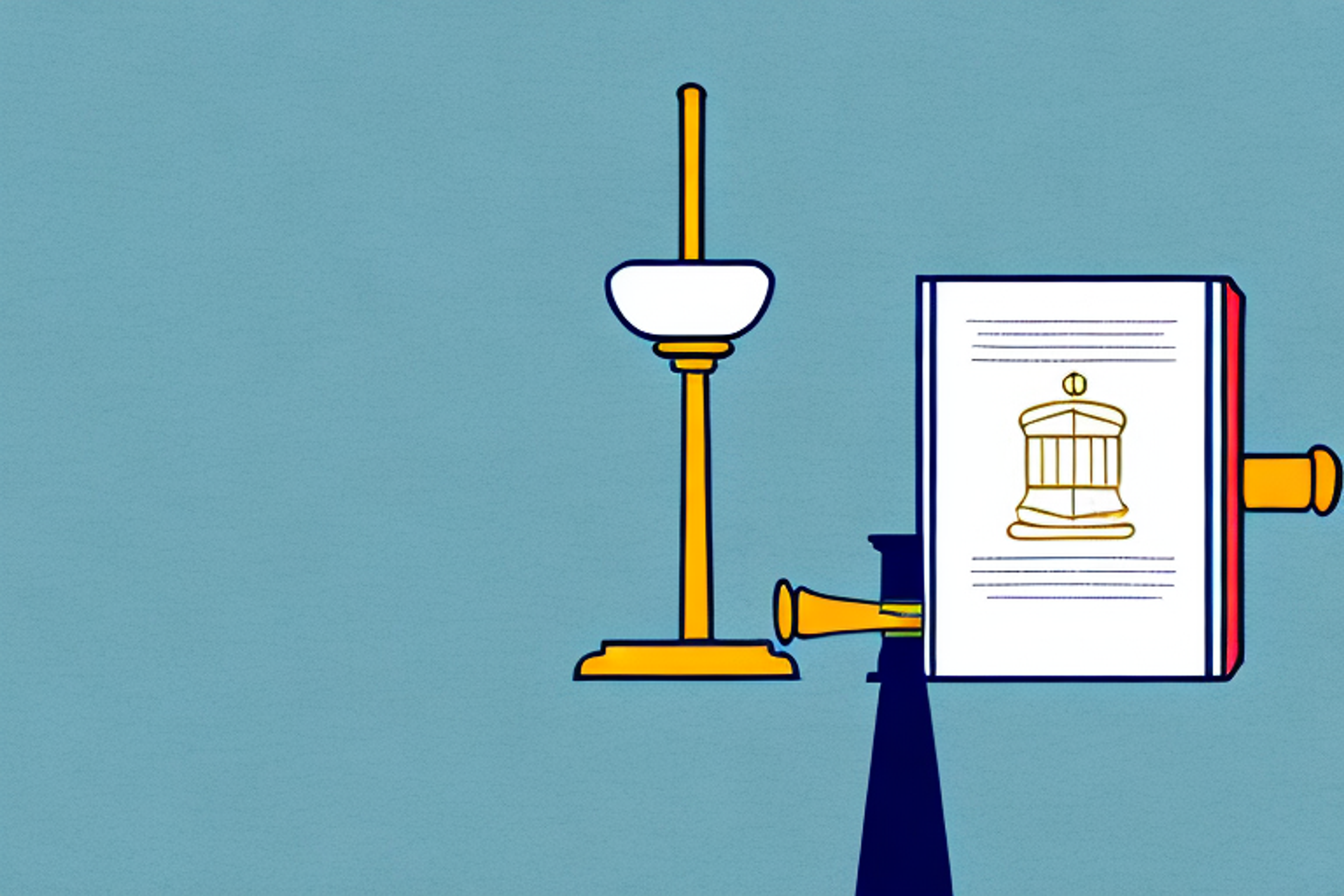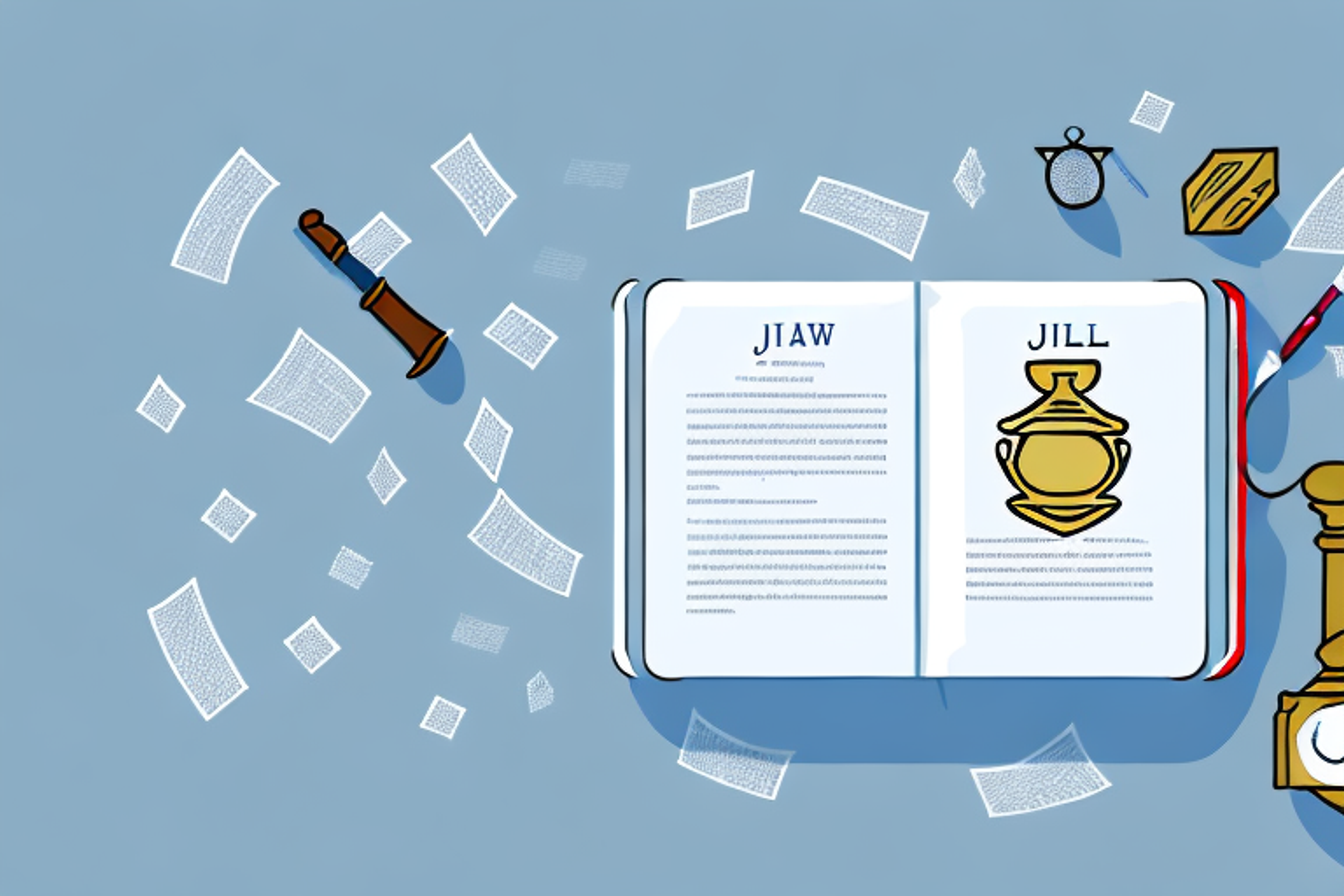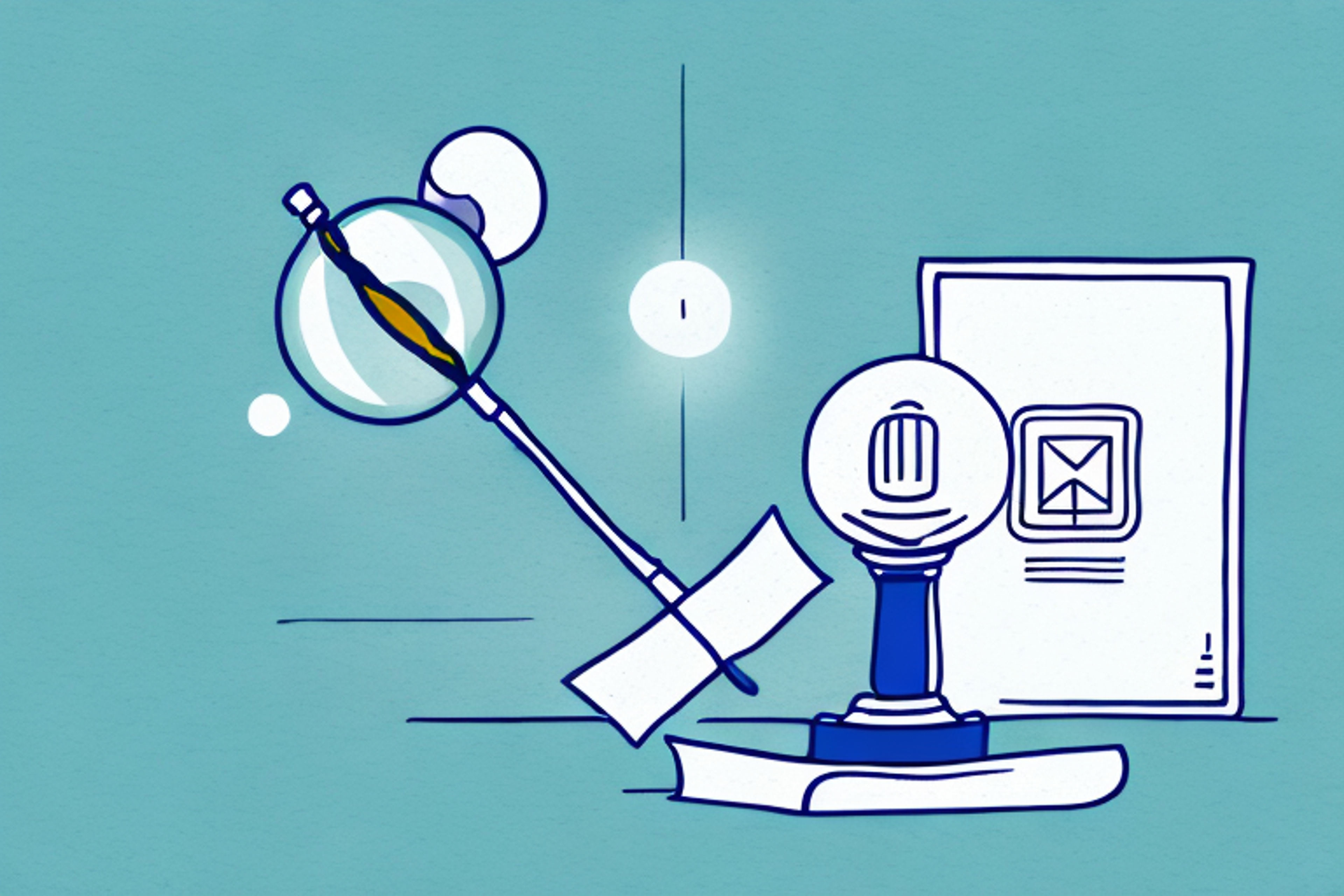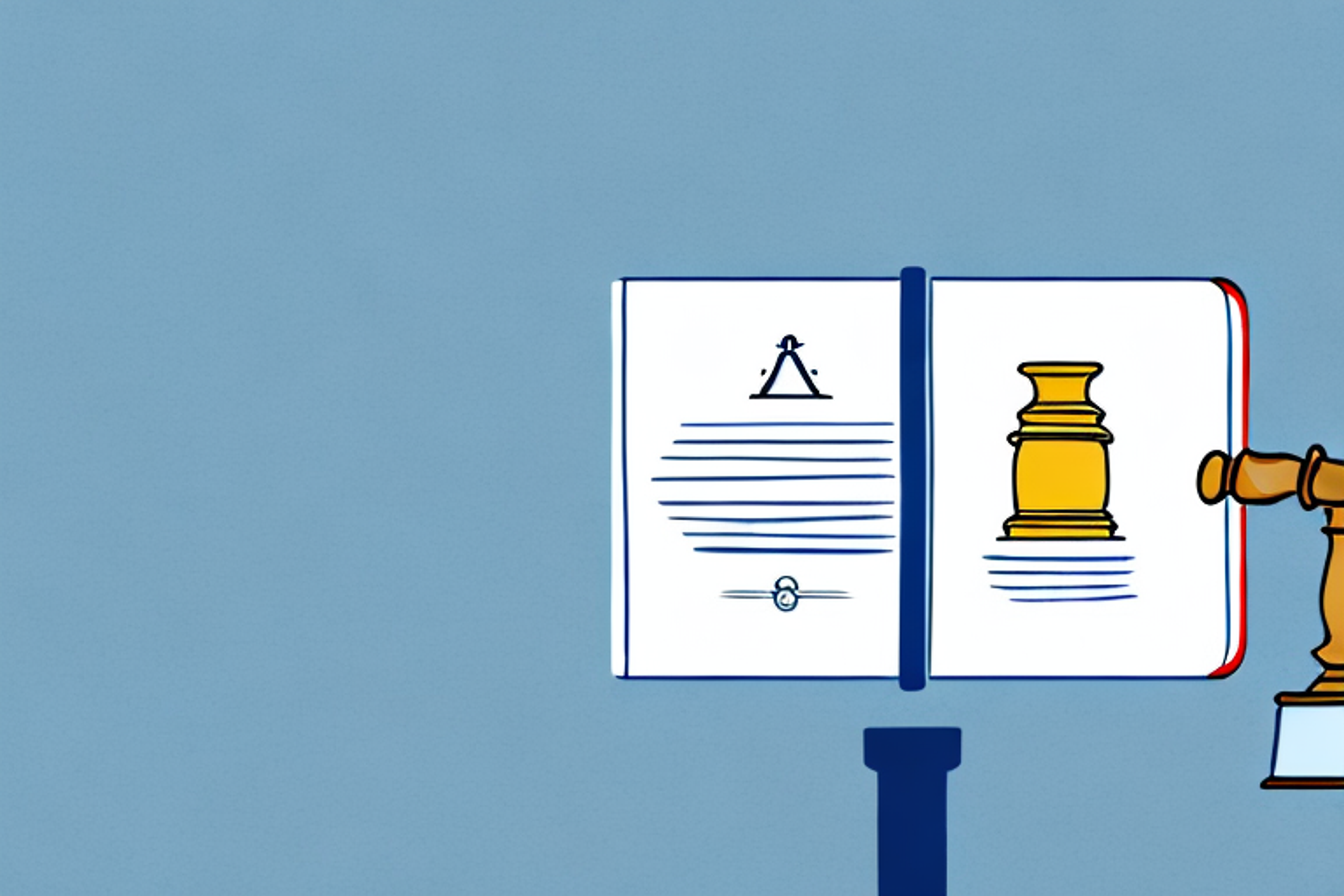The Benefits of an Early Decision Application for Law School Admissions
Discover the advantages of submitting an early decision application for law school admissions.
Posted April 10, 2025

Table of Contents
Free Event

Featuring Indrani S.
How To Write Outstanding Law School Application Essays
Starting Thursday, April 24
11:30 PM UTC · 60 minutes

Featuring Indrani S.
If you are planning to apply for law school, you have probably heard of the term "early decision." While this option is not for everyone, there are several benefits to submitting an early decision application. In this article, we will discuss everything you need to know about early decision applications for law school admissions.
What is Early Decision and How Does it Work in Law School Admissions?
Before we discuss the benefits of early decision, let's first define what it is. Early decision is a binding agreement between a student and a law school. When a student submits an early decision application, they are promising to attend that law school if they are accepted. In return, the law school agrees to give the student a decision earlier than regular decision applicants. Early decision applications are typically due in November, and decisions are released in December.
It's important to note that early decision is a serious commitment. If a student is accepted through early decision, they are obligated to withdraw all other law school applications and attend the school that accepted them. This means that students should only apply through early decision if they are certain that they want to attend that particular law school.
Another factor to consider is that early decision applications are typically binding, meaning that students cannot compare financial aid offers from other law schools. However, some law schools offer a non-binding early action option, which allows students to apply early and receive a decision earlier, but without the binding commitment to attend if accepted.
How Early Decision Can Increase Your Chances of Acceptance to Law School
One benefit of submitting an early decision application is that it can increase your chances of acceptance to law school. Law schools have a certain number of spots to fill, and early decision applicants are often viewed as more serious and committed to attending that specific school. Therefore, if you are a strong applicant and you submit an early decision application, you may have a better chance of being accepted than if you had applied during the regular decision cycle.
Another advantage of applying early decision is that you will receive your admission decision sooner than regular decision applicants. This can be helpful in planning your next steps, such as securing housing and financial aid. Additionally, if you are accepted through early decision, you are committed to attending that school and must withdraw all other applications. This can alleviate the stress of waiting for multiple admission decisions and allow you to focus on preparing for law school.
The Advantages of Submitting an Early Decision Application for Law School Admissions
Aside from an increased chance of acceptance, there are several other advantages of submitting an early decision application. First, you will receive a decision from the law school much earlier than regular decision applicants. This means you can start planning for your legal education earlier and potentially have more time to prepare financially, logistically, and mentally for law school.
Second, if you are accepted through early decision, you can relax and enjoy the remainder of your senior year without the stress of waiting for other law school decisions. Conversely, if you are not accepted through early decision, you can apply to other schools during the regular decision cycle without penalty.
Another advantage of submitting an early decision application is that it demonstrates a strong commitment to the law school. Law schools want to admit students who are passionate about attending their institution and submitting an early decision application shows that you are willing to commit to attending that school if accepted. This can be especially beneficial if you are a borderline candidate, as it may tip the scales in your favor.
Early Decision versus Regular Decision: Which is Best for You?
Early decision is not for everyone. It is important to take the time to carefully consider all of your options before submitting an early decision application. If you have a clear first-choice law school and you are comfortable making a binding commitment, then early decision may be a good choice for you. However, if you are not yet sure where you would like to attend law school or if you would like to weigh all of your options, then regular decision may be a better fit.
It is important to note that early decision applications typically have higher acceptance rates than regular decision applications. This is because law schools want to fill a certain number of spots with students who have committed to attending their institution. However, this does not mean that early decision is always the best option. If you are not a competitive applicant, it may be better to apply regular decision and improve your application before submitting.
Another factor to consider is financial aid. Early decision applicants may not have the opportunity to compare financial aid packages from different law schools, as they are committed to attending their first-choice school. If cost is a significant factor in your decision-making process, it may be better to apply regular decision and compare financial aid offers before making a final decision.
How to Determine if Applying Early Decision is Right for Your Law School Goals
If you are still unsure whether or not early decision is the right choice for you, there are a few things you can consider. First, think about your goals for law school. If you have a clear idea of the law school you want to attend and are comfortable making a binding commitment, then early decision may be a good fit. Second, consider your financial situation. If you need to compare financial aid offers from different law schools, then early decision may not be the best option.
Another factor to consider is your academic record. If you have a strong academic record and feel confident in your ability to gain admission to your top choice law school, then early decision may increase your chances of acceptance. However, if your academic record is not as strong, it may be beneficial to apply to multiple law schools and compare offers before making a final decision.
The Impact of Early Decision on Scholarships and Financial Aid
One potential drawback of early decision is that it may limit your ability to compare financial aid offers from different law schools. Law schools are aware of this, and some early decision programs will allow you to be released from your binding commitment if the financial aid package offered does not meet your needs.
It is important to thoroughly research the financial aid policies of the law schools you are considering before making a decision.
Another factor to consider is that early decision applicants may have a higher chance of receiving merit-based scholarships. This is because law schools want to attract top candidates who are committed to attending their institution. By applying early decision, you are demonstrating a strong interest in the school and may be more likely to receive a scholarship.
However, it is important to note that not all law schools offer merit-based scholarships and the amount awarded can vary greatly. It is important to research the scholarship opportunities at each school and weigh them against the potential limitations of early decision.
What to Consider Before Submitting an Early Decision Application
If you decide that early decision is the right choice for you, there are a few things you should consider before submitting your application. First, carefully review the early decision agreement to make sure you understand the terms of the commitment you are making. Second, make sure you have thoroughly researched the law school and have a clear understanding of why it is your top choice.
Third, consider the financial implications of applying early decision. If you are accepted, you are obligated to attend that law school and withdraw all other applications. This means you may not have the opportunity to compare financial aid packages from other schools. Additionally, early decision applicants may not have as much bargaining power when it comes to negotiating scholarships.
Fourth, think about your application timeline. Early decision applications typically have earlier deadlines than regular decision applications. This means you will need to have all of your materials, including your LSAT score, ready to go earlier than other applicants. Make sure you have enough time to prepare and submit a strong application.
Tips for Crafting a Strong Early Decision Application for Law School
If you do decide to submit an early decision application, it is important to make sure it is a strong and compelling application. Some tips for crafting a strong early decision application include writing a powerful personal statement, obtaining strong letters of recommendation, and making sure your academic record is strong.
The Risks and Drawbacks of Applying Early Decision for Law School Admissions
While there are several benefits to submitting an early decision application, there are also some risks and potential drawbacks. As previously mentioned, early decision can limit your ability to compare financial aid offers from different law schools. In addition, if you are not accepted through early decision, you cannot apply to that law school again during the regular decision cycle.
Success Stories: Real-Life Examples of Students Who Applied Early Decision to Law School
Despite the potential risks and drawbacks, there are many success stories of students who applied early decision and were accepted to their dream law schools. These success stories often involve students who had a clear first-choice law school and were willing to make a binding commitment.
How to Navigate the Early Decision Process from Start to Finish
If you do decide that early decision is the right choice for you, it is important to know how to navigate the process from start to finish. This includes researching law schools, preparing your application materials, and understanding the terms of the early decision agreement.
Common Misconceptions About Applying Early Decision for Law School Admissions
There are several common misconceptions about applying early decision for law school admissions. One of the most common misconceptions is that early decision will guarantee acceptance. While early decision can increase your chances of acceptance, it does not guarantee it.
The Long-Term Benefits of Applying Early Decision to Your Legal Career
Finally, it is important to consider the long-term benefits of applying early decision to your legal career. If you are accepted to your first-choice law school through early decision, you can start building connections and networking with professors and fellow students earlier. This can lead to more opportunities and a stronger legal career in the long run.
In conclusion, early decision is a binding commitment that is not for everyone. However, if you have a clear first-choice law school and are comfortable making a commitment, there are several benefits to submitting an early decision application. If you decide to go this route, make sure you carefully consider all of your options, thoroughly research the law school, and craft a strong application.











